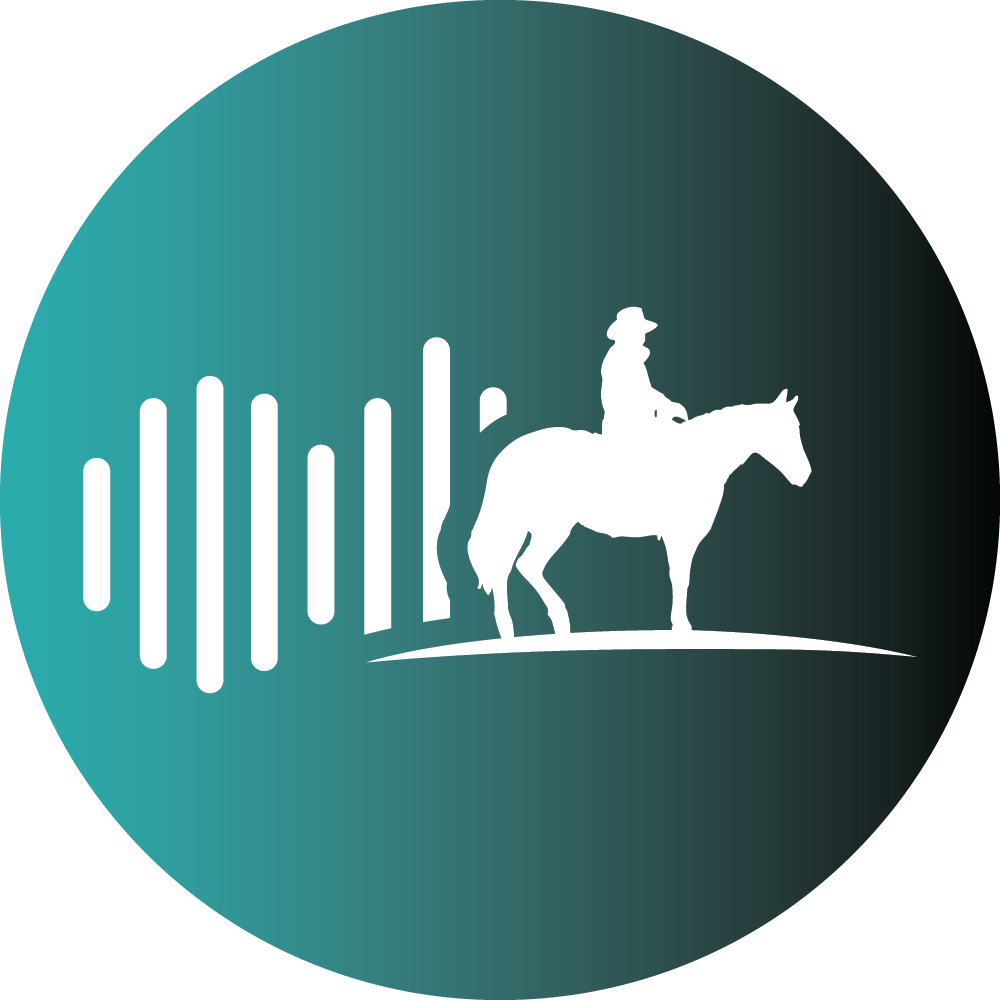Helmet design honors MSU’s American Indian Council and Native American Heritage Month
By Jen Clancey STAFF WRITER
Tonight, Montana State University’s football gear will look a little different as they run onto the field for a matchup with University of California Davis. In honor of Native American Heritage Month and the legacy and presence of Native community members, the Bobcats will wear MSU’s American Indian Council’s logo on their helmets.

The collaboration between AIC, the student-led organization that represents and serves Native students and the broader community at the university, and the nationally ranked Bobcat football squad was years in the making. For the council, the representation is a significant step forward.
“We’re in a time now where a lot of this change and recognition is happening for Indigenous peoples and I’m thankful to be able to be living in this time, you know? Our ancestors fought, they spoke, they walked, they did a lot for us as Indigenous peoples to be here today,” said Watson Whitford, AIC social chair, in an interview with EBS. Whitford is a Chippewa Cree and Navajo environmental horticulture student at MSU.
On Tuesday night, Whitford, alongside seven fellow executive council members gave a presentation to the football team and staff about Native American Heritage Month, teachings, Native populations and reservations in Montana, and what this partnership means to the AIC—the first of its kind between the two programs. Whitford explained that the football team wearing AIC’s logo means that they are also representing Native communities.
“We ask them to wear that with pride, with respect and in the mindset that they’re recognizing and they’re acknowledging the Indigenous peoples that live here,” Whitford said.
Nick Ross-Dick, AIC co-advisor and assistant director of American Indian/ Alaska Native Success at MSU, noted that head coach Brent Vigen prioritized the team’s understanding of this agreement with AIC. The council closed the presentation with an honor song dedicated to the football team, which audiences will hear tonight ahead of the game, Ross-Dick said. Ross-Dick, an enrolled member of the Yakima Nation in Washington, attended MSU and was formerly on the executive council of AIC. Now he supports the Native community on campus and organizes events and partnerships like this with his co-advisor and Director of AI/AN Success, Lisa Perry.
“When I was a student, we were—and I still think we have—that tight knit community,” Ross-Dick said. He’s excited to see how far representation has come since. “It leaves me in awe because that’s not something I imagined as a student, you know, to have, and it’s all driven by the students.”
AIC first collaborated with MSU Athletics through the women’s basketball team in 2020 to raise awareness for missing and murdered Indigenous women, alongside the MSU Missing and Murdered Indigenous People Student Association. Former star player Kola Bad Bear served as a primary connection to the program to move the collaboration forward. Both the men’s and women’s basketball teams now honor the cause in No More Stolen Sisters/Relatives games.
Ross-Dick said this upcoming weekend also honors a rich legacy of Native student athletes. He referenced the Davis family—one brother, Leo, is now the color commentator for the Bobcat Radio Network.
He hopes that people understand that there’s a home for Native students on MSU’s campus, and that the university champions AIC with collaborations and thoughtful representation.
“We do it right,” Ross-Dick said. “We do it with love, we do it with intention and thought of all those who have gone before us and those who are here with us now.”
He said there may be a high school or junior high kid in a city, reservation or rural community nearby who sees this kind of representation and decides that MSU is the place they want to be “because they honor, they represent who I am.”
AIC organizing 50th annual powwow
Titan Brockie, an engineering student, member of the Bobcat Singers and AIC’s co-president, echoed Ross-Dick’s perspective and hopes AIC events continue to attract Native families and students to MSU.
One of those events is the Annual American Indian Council Powwow in the Brick Breeden Fieldhouse. Happening in spring 2026, this year is the event’s 50th, and Brockie hopes it’s the biggest since the event started in the 1970s.
One of the few winter powwows outside of California, drummers, dancers, singers and families from all over the U.S. and Canada travel each year to the powwow at MSU. In an effort to host more people than ever, AIC is working to fundraise, with money raised going toward the powwow’s drummers, dancers and singers, and the emcees and staff who make sure the event runs smoothly.

“ Those drum groups … they’re kind of the lifeblood of making a powwow as big as it is,” Brockie said. Specials, like dances honoring powwow royalty or specialty dances, also draw more people to powwows.
AIC keeps the event open to everyone.
“We want to keep this free so people can come and enjoy it,” Brockie said.
A few months away, AIC hopes donors will support the event to make it memorable. Brockie noted that smaller fundraisers like 50/50 raffles only make up a tiny percentage of the powwow budget. For the 50th, AIC needs to get “bigger and grander” with fundraising ideas, Brockie said.
“And to my knowledge, if we could make this the biggest, if we put all those monies and we reach our goals and go above and beyond, this would probably be the biggest powwow MSU has ever seen,” Brockie said.
From partnerships with Bobcat teams to the annual powwow, Whitford explained that these advancements can’t happen without support from people who care.
“I just hope that we could connect with the community in Big Sky and the surrounding communities around here, to have further collaborations between Indigenous peoples and our relatives around here that live here,” Whitford said.
“The way I was raised and the way I still believe is that you can’t do anything without your community. You have to have your community.”













